As a BetterHelp affiliate, we receive compensation from BetterHelp if you purchase products or services through the links provided
The recognition and attention towards mental health have increased, particularly in educational institutions. Considering students’ overwhelming academic and social pressures, it is crucial to incorporate mental health days into their schedules for their well-being. Any concerns regarding the potential unintended consequences of such days hindering students’ progress must be addressed with a comprehensive understanding of the positive impact that taking care of mental health can have on overall productivity and success. It is imperative to prioritize mental health in educational institutions and take proactive steps toward promoting well-being.
Schools and universities are now grappling with the delicate balance between maintaining academic rigor and the desire to foster a supportive environment for students coping with mental health challenges. As the COVID-19 pandemic has further exacerbated mental health struggles, the conversation surrounding the merits and drawbacks of mental health days for students has become more significant.
Key Takeaways
- Mental health is an important issue, and schools are now considering the implementation of mental health days for students.
- Allowing mental health days has potential benefits but also presents concerns that may impact students’ academic progress.
- The ongoing pandemic has made the mental health day conversation more relevant and crucial.
 Mental Health: An Overall Perspective
Mental Health: An Overall Perspective
Understanding Mental Health
Mental health is a person’s emotional, psychological, and social well-being. It affects how individuals think, feel, and act, crucial in daily life, relationships, and decision-making. Mental health issues can include conditions like anxiety, depression, and other mood disorders that may impact a person’s ability to cope with daily challenges. Building self-awareness and learning to communicate feelings can be valuable aspects of maintaining good mental health and seeking help when necessary.
Mental Health in the United States
In the United States, millions of people face mental health issues every year. Various factors contribute to mental health problems, from genetics to life circumstances. Numerous organizations and professionals provide resources, support, and treatment options, such as therapy and medication, to address these issues. It is important to understand that mental health is just as vital as physical health, and seeking help is a sign of strength, not weakness.
Mental Health in Teens
Mental health in teens has become an increasingly significant concern as they face unique challenges and pressures in modern society. With the growing impact of social media, academic demands, and extracurricular activities, teenagers may experience heightened anxiety levels, depression, or other mental health issues.
- Anxiety: This is characterized by feelings of worry, fear, or unease that may interfere with daily life and functioning.
- Depression includes persistent sadness, hopelessness, or a lack of interest in activities they once enjoyed.
Addressing and supporting mental health in teens is crucial, enabling them to develop coping skills and resilience. By promoting open conversations and offering resources, schools, and communities can empower teens to prioritize their mental well-being and better understand how to manage these concerns.
 The Incorporation of Mental Health Days
The Incorporation of Mental Health Days
Mental Health Days: What They Are
Mental health days are designated days of rest and self-care for students, allowing them to focus on their mental well-being and recharge. These days are meant to serve as a break from the academic demands and pressures that students often face. The concept behind mental health days is that students should be able to prioritize their mental health just as they would prioritize their physical health.
Why Mental Health Days are Essential
In recent years, there has been a growing awareness of the importance of mental health, particularly among young people. Stress, anxiety, and depression can harm a student’s academic performance and well-being. Recognizing this, mental health days can allow students to seek professional help from a therapist, engage in self-care activities, and take control of their mental health.
Benefits of Mental Health Days:
- Reduced stress levels: Regular mental health days can help alleviate stress and anxiety, allowing students to return to school refreshed and better able to focus on their studies.
- Improved mental well-being: Mental health days encourage self-care and self-awareness, leading to better-coping strategies and overall mental well-being.
- Increased productivity: A well-rested student is often more productive and successful in their academic pursuits, as they can process their emotions and recharge their mental batteries.
- Decreased burnout: By scheduling mental health days, students can avoid burnout, a state of chronic physical and emotional exhaustion that can negatively affect their academic performance and mental health.
Incorporating mental health days into the academic calendar can be a valuable tool for students. Encouraging self-care and supporting mental well-being will help students succeed academically and contribute to the development of healthier and more resilient individuals.
 Pros of Mental Health Days for Students
Pros of Mental Health Days for Students
Improvement of Psychological Health
Mental health days for students can lead to improved psychological health. Taking a day off allows them to recharge and find relief from the stress, anxiety, and pressure that comes with school. Giving themselves a break can lower their risk of developing mental health issues such as depression. Short-term benefits of mental health days include improved mood, increased focus, and better overall well-being.
Promotion of Self-Reflection and Introspection
Mental health days also provide an opportunity for self-reflection and introspection. Students can use this time to evaluate their thoughts, feelings, and behaviors more in-depth, gaining a deeper understanding of their emotional state. This self-awareness can lead to better coping strategies for managing stress and anxiety in the school environment. Moreover, it can help students identify any potential issues or barriers to their academic success and find ways to address them.
Providing a Break From School Pressure
School can be demanding, with the constant pressure to perform well academically and the burden of homework. A mental health day allows students to take a breather and temporarily remove themselves from this high-pressure environment. They can use this time for relaxation, engaging in activities that bring them joy and promote mental well-being. Taking a day off can help students return to school with renewed energy and motivation to tackle their responsibilities more effectively.
 Cons of Mental Health Days for Students
Cons of Mental Health Days for Students
Potential for Abuse
While mental health days can provide students with much-needed breaks, there is potential abuse. Some students may take advantage of the system, using mental health days as excuses to avoid schoolwork or exams. Furthermore, mental health days may increase truancy rates without proper guidelines and monitoring.
Challenges in Balancing Individual Needs and Circumstances
Another downside of implementing mental health days is determining the appropriate balance between individual needs and circumstances. With varying degrees of mental health concerns among students, it can be difficult for schools to assess when a mental health day is truly necessary and when it is not. Additionally, deciding how many mental health days are allotted per student and ensuring fair distribution may present challenges for educators and administrators.
Possible Negative Impact on Academic Performance
Mental health days could hurt students’ academic performance if not managed carefully. Taking time off from school may result in students falling behind on coursework, missing out on essential lessons, and struggling to catch up with their peers. This could increase stress and pressure, potentially exacerbating mental health issues. Therefore, schools must plan and implement appropriate support systems for students taking mental health days to ensure their educational progress remains unhindered.
 The Role and Responsibility of Education Institutions
The Role and Responsibility of Education Institutions
What Schools and Colleges Can Do
Education institutions play a vital role in supporting students’ mental health. They can develop and implement policies that foster a positive school environment, ensuring that mental health support is accessible and integrated within the educational system. Initiating programs that focus on students’ well-being, resilience, and coping skills can positively impact their mental health. These programs may include:
- Mental health awareness campaigns
- Counseling and therapy services
- Peer support groups
- Mindfulness and stress-management workshops
By providing a safe and inclusive environment, schools and colleges can reduce the stigma surrounding mental health issues and encourage students to seek help when needed.
How Teachers Can Support
Teachers are often among the first to notice changes in students’ behaviors or emotions, making them essential in identifying and addressing mental health concerns. They can offer support by:
- Being aware of the signs and symptoms of mental health issues
- Fostering open communication about mental health in the classroom
- Actively listening and showing empathy to students facing distress
- Collaborating with mental health professionals to ensure appropriate interventions are put in place
Additionally, teachers can incorporate social and emotional learning (SEL) components into their curricula to help students develop self-awareness, self-regulation, relationship-building, and decision-making skills. These can further contribute to promoting mental well-being among students.
In summary, educational institutions and teachers are important in promoting and supporting students’ mental health. By creating a supportive environment and actively addressing mental health concerns, schools, and colleges can ensure the well-being of their students, allowing them to thrive academically, socially, and emotionally.
The Impact of The Pandemic on Mental Health
How the COVID-19 Pandemic Exacerbated Mental Health Issues
The COVID-19 pandemic has had a profound impact on the mental health of students worldwide. The sudden shift to remote learning, combined with the ongoing threat of the virus and social isolation, has increased stress, anxiety, and depression.
The absence of face-to-face interactions with peers and teachers has left many students disconnected and unsupported. Research suggests that social isolation has been particularly detrimental to the mental well-being of younger individuals. The pandemic has disproportionately affected students with pre-existing mental health conditions or learning difficulties.
Another factor impacting students’ mental health during the COVID-19 pandemic has been the uncertainty and disruption to their education. The abrupt move to online schooling has caused students to worry about their academic performance and prospects. This, in turn, has contributed to heightened stress levels.
The Upsurge in Mental Health Days During the Pandemic
As a result of these heightened stressors, there has been a marked increase in the number of mental health days taken by students during the pandemic. Mental health days are days off from school specifically to address and improve one’s mental well-being. These days can give students a necessary break to prioritize self-care, reduce stress, and recharge.
Table: Increase in Mental Health Days
| Period | Reported Mental Health Days |
|---|---|
| Pre-pandemic | 10,000 |
| During the pandemic | 30,000 |
Schools and educational institutions have started recognizing the importance of mental health days in light of the pandemic. They have implemented policies that accommodate these needs and promote a more compassionate approach to addressing mental health concerns.
- Support mechanisms: Schools have introduced support mechanisms, such as counseling services and mental health resources, to help students manage their stress and anxiety during this challenging period.
- Flexibility: Some schools have implemented more flexible attendance policies, allowing students to take mental health days without negatively impacting their academic standing.
In conclusion, the COVID-19 pandemic has significantly impacted students’ mental health, resulting in increased mental health days taken by students. Schools and educational institutions have responded by offering additional support and adjusting policies to ensure the well-being of their students.
 Coping Strategies and Resources
Coping Strategies and Resources
Methods Students Can Use to Cope
Students can adopt various self-care practices and coping skills to manage stress and improve well-being. Regular physical activity, for example, reduces stress and boosts mood. Students might consider participating in sports or engaging in yoga, Pilates, or cardio exercises.
In addition to physical activities, mental relaxation techniques such as meditation or deep breathing can help students stay calm and focused. Maintaining a healthy diet and sleep schedule can also significantly impact a student’s mental health.
Coping methods for students:
- Physical activities (e.g., sports, yoga, cardio)
- Mental relaxation techniques (e.g., meditation, deep breathing)
- Healthy diet and sleep schedule
 Resources Available for Students and Families
Resources Available for Students and Families
Schools and communities often provide various resources for students and families seeking support in managing their mental health. Among these resources, counseling is prevalent, with many schools offering access to professional counselors who help students address mental health concerns and develop tailored coping strategies.
There are various online and community resources available for students that can help them in many ways. These resources include mental health hotlines, peer support groups, and educational materials on stress management. Apart from students, parents and family members can also access these resources to support their loved ones in need. Parents concerned about their child’s well-being may consider signing their child up for counseling in San Francisco, as these highly trained professionals offer online sessions that can be accessed anywhere. Cognitive Behavioral Therapy (CBT) is very effective for teenagers, as it encourages them to shift their thinking to improve their behavior; highly adaptable teenagers respond well to this gentle challenge of their preconceived notions and thought patterns. By leveraging professional help assistance available on a flexible online schedule, parents can reduce their child’s need for mental health days and ensure that they can remain productive in their studies.
Available resources:
- School counselors
- Mental health hotlines
- Peer support groups
- Educational materials
Combining effective self-care practices and access to support resources empowers students to take control of their well-being, allowing them to better cope with stressors and fostering a healthier overall mental state. By utilizing these coping strategies and resources, students can proactively maintain their mental health and maximize their potential for success.
Conclusion
Mental health days for students can provide various benefits, including an opportunity for self-reflection and prioritizing one’s well-being. In some cases, these days off can be a vital tool to help students maintain their overall mental health and cope with stress more effectively.
Educational institutions must consider the pros and cons of implementing mental health days in their policies. By recognizing the importance of addressing students’ mental health concerns, schools can create a more supportive environment for learning and growth.
In conclusion, the conversation around mental health days for students must continue, as this can lead to improved well-being and success in education. By carefully weighing the advantages and disadvantages, schools can make informed decisions that positively affect their students’ mental health and overall well-being.
Frequently Asked Questions

Do mental health days improve academic performance?
Mental health days can lead to improved academic performance for some students. Taking a break from school can help students recharge and refocus, enhancing their ability to concentrate and engage in learning when they return to school. However, the impact may vary from student to student, and other factors may also influence academic performance.
How do mental health days impact student motivation?
Mental health days can have both positive and negative impacts on student motivation. For some students, taking a mental health day can provide a much-needed break, which can help build resilience and motivation to tackle academic challenges. However, for others, an extended break from school might lead to decreased motivation. Schools and families must monitor and support their students’ motivation levels.
What are the effects of mental health days on overall student well-being?
Mental health days can play a positive role in promoting the overall well-being of students. They allow students to rest, relax, and engage in self-care activities. A mental health day can help reduce stress and anxiety for students, leading to healthier mental and emotional well-being.
Are there any potential negative effects of mental health days on students?
While mental health days can be beneficial, there are potential negative effects. These might include disruptions to learning, falling behind in coursework, and developing a pattern of avoidance. Schools and families must balance the benefits and drawbacks of mental health days and ensure they do not become a crutch for avoiding challenges.
How can mental health days reduce stress and burnout among students?
Mental health days offer a chance for students to take a step back from their daily routine and engage in activities that reduce stress and promote well-being. They provide a necessary break to recharge and regroup, which can help students better manage their workload and reduce the risk of burnout.
What strategies can schools implement to maximize the benefits of mental health days for students?
Schools can implement various strategies to maximize the benefits of mental health days for students. These might include setting clear guidelines on when and how often they should be taken, providing resources and support for students during their mental health day, and promoting a supportive school culture that values and prioritizes mental well-being. Additionally, involving mental health professionals in the decision-making process will help ensure the effectiveness of these days.
Jacob Maslow, an unwavering advocate for mental health awareness, dives deep into the multifaceted topic of student mental health days in his latest article. Drawing from personal battles, including using Lexapro and being a therapy stalwart, Jacob presents a unique perspective. His journey, marked by a challenging relationship with an ex-partner with severe narcissism, punctuates the gravity of the mental health discourse. These experiences have underscored the imperative of prioritizing mental well-being, particularly in students’ formative years. Daily lengthy walks serve as Jacob’s solace, helping him maintain balance amidst tumultuous personal challenges. A prolific writer, he sheds light on topics like mental health and narcissism, aiming to empower others in similar struggles. Furthermore, his legal platform offers a refuge to those navigating the maze of unyielding spouses and intricate co-parenting dynamics.
- Stress Management: What is the Relationship Between Stress and Addiction? - June 28, 2024
- Exploring Techniques to Maintain a Healthy Lifestyle without Drugs - May 28, 2024
- How Acupuncture Helps Treat Chronic Fatigue Syndrome - May 28, 2024
This site contains affiliate links to products. We will receive a commission for purchases made through these links.

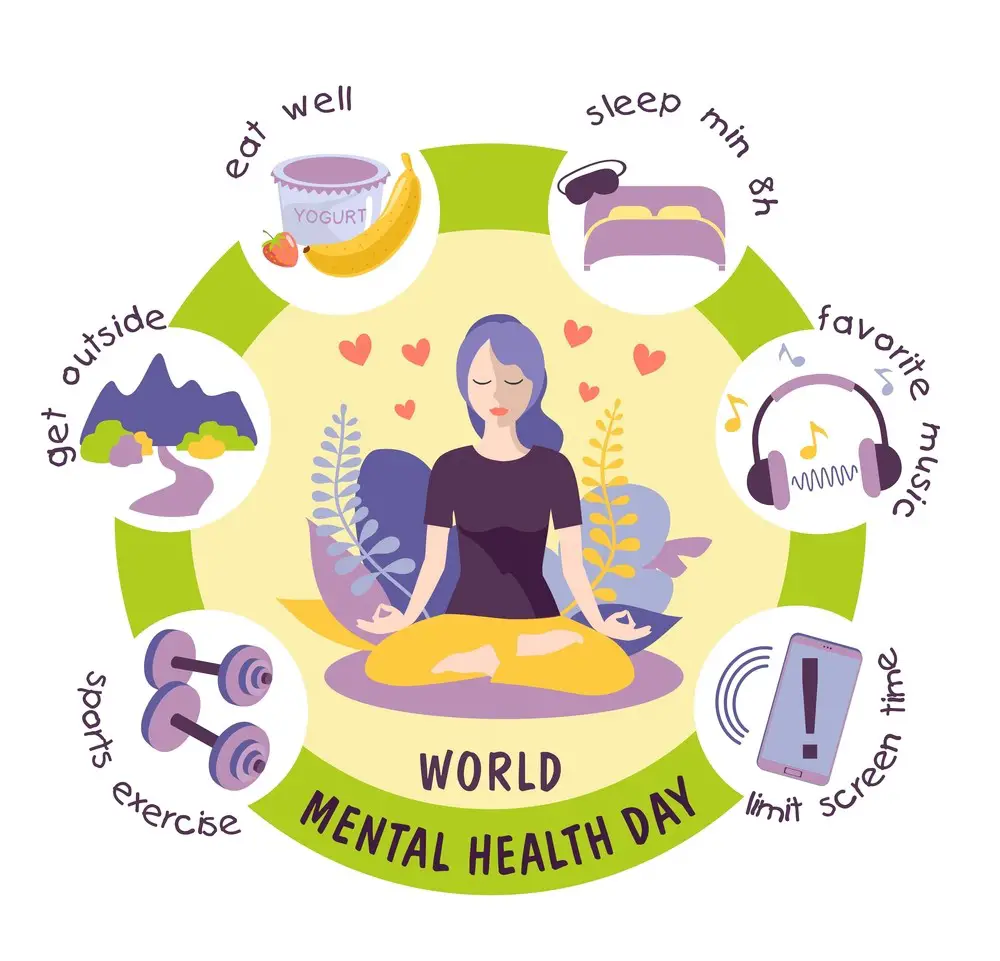
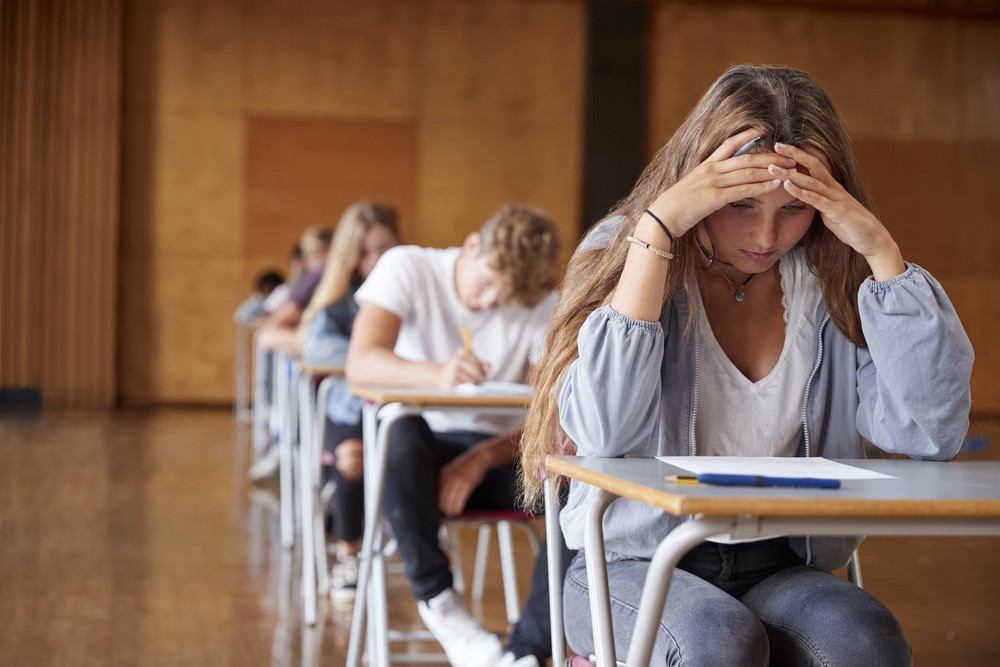 Mental Health: An Overall Perspective
Mental Health: An Overall Perspective The Incorporation of Mental Health Days
The Incorporation of Mental Health Days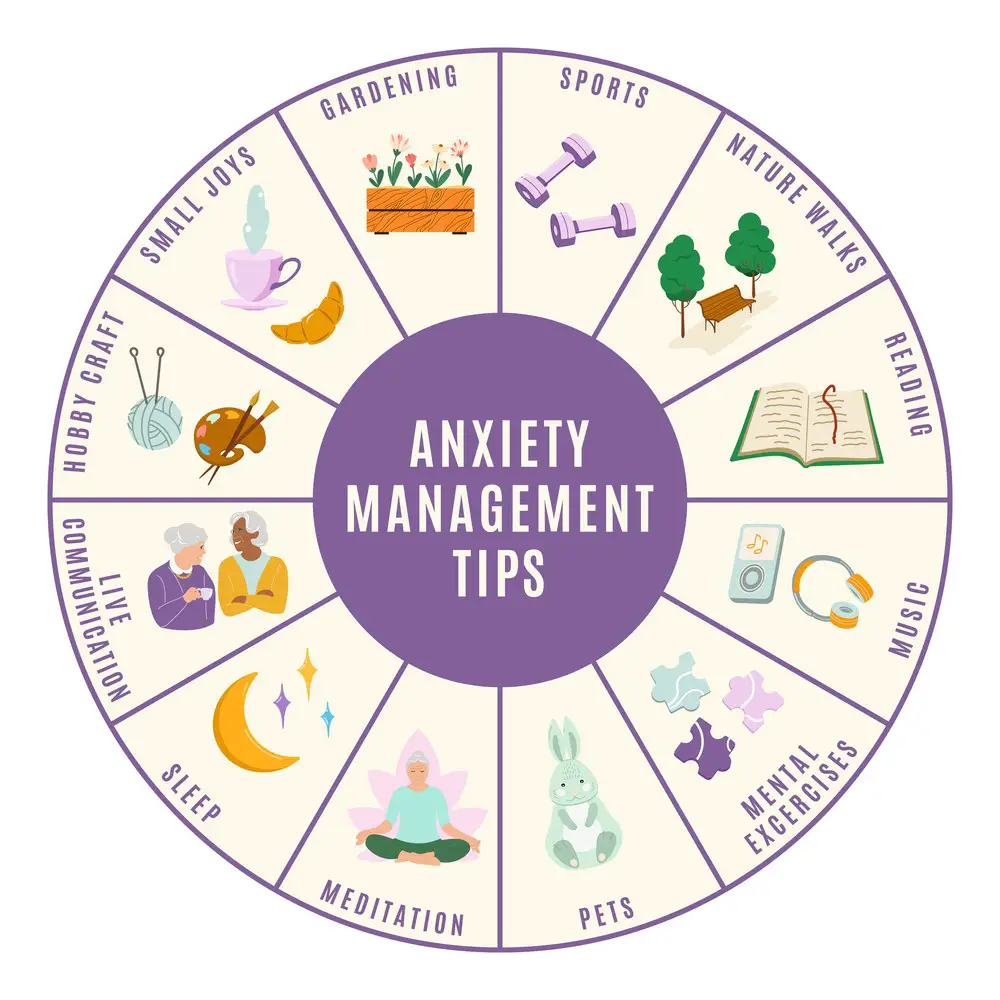 Pros of Mental Health Days for Students
Pros of Mental Health Days for Students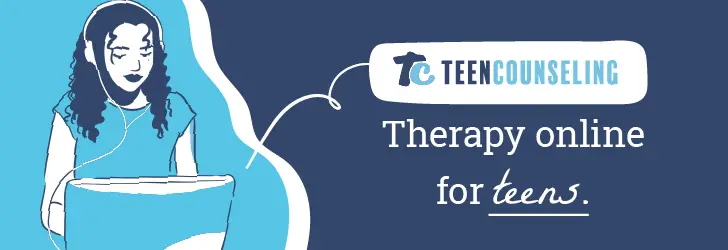
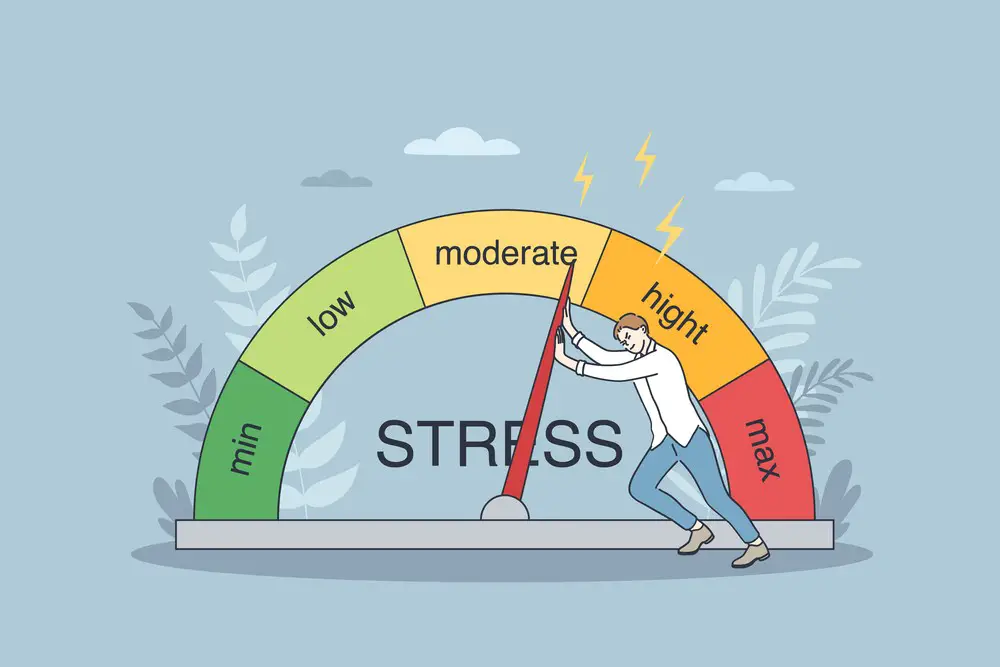 Cons of Mental Health Days for Students
Cons of Mental Health Days for Students The Role and Responsibility of Education Institutions
The Role and Responsibility of Education Institutions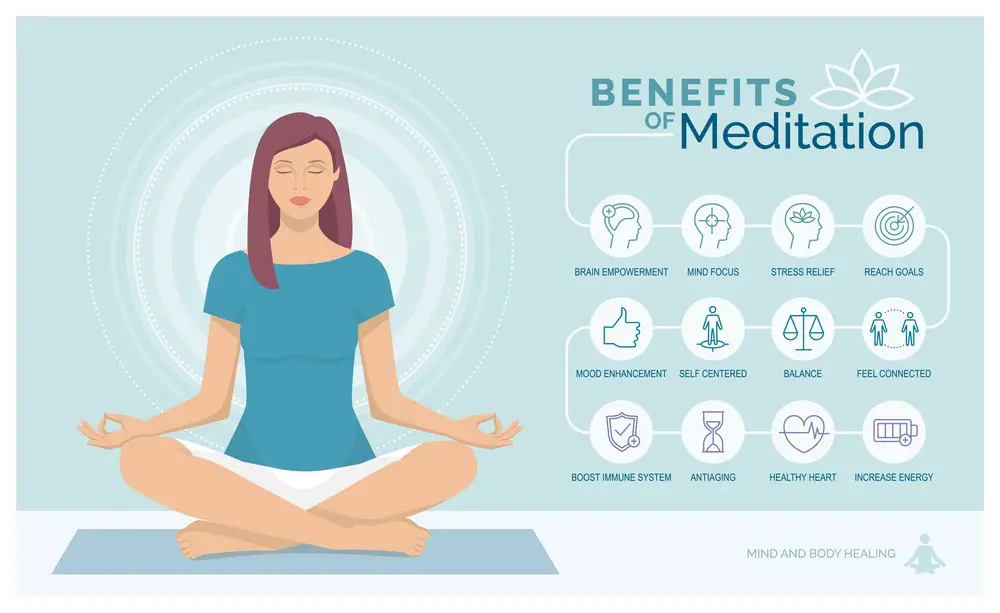 Coping Strategies and Resources
Coping Strategies and Resources Resources Available for Students and Families
Resources Available for Students and Families


